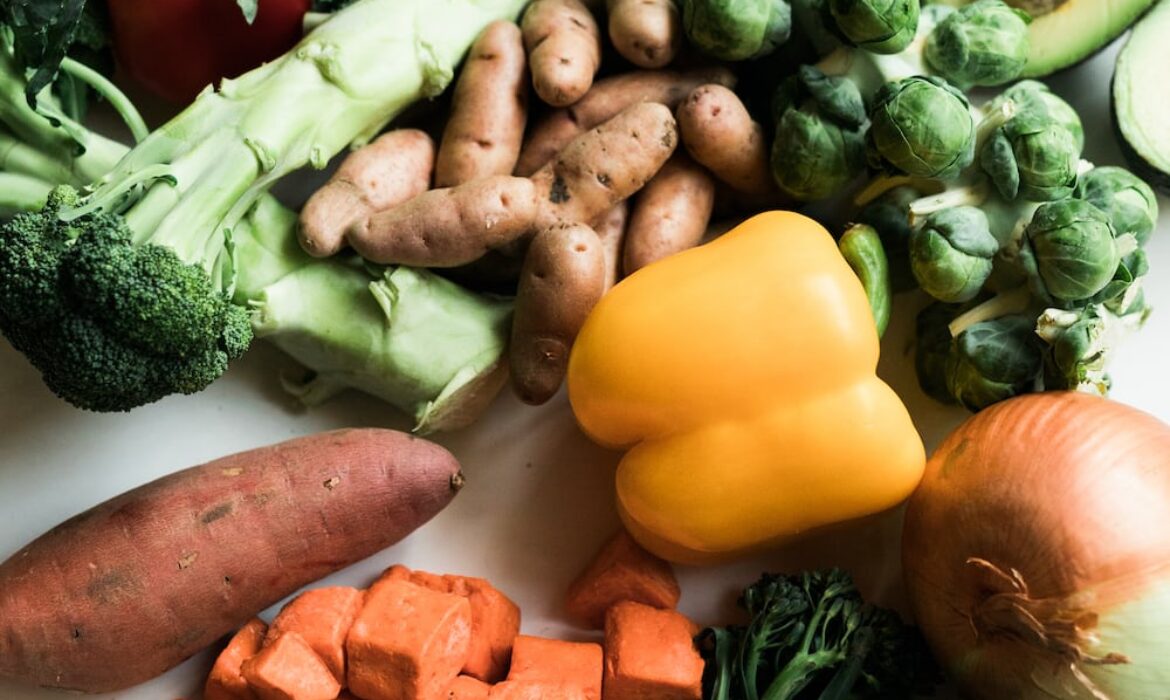081-4797-7173
Vegetables are fresh edible portions of certain herbaceous plants such as roots, stems, leaves, flowers, fruit or seeds. Vegetables are packed full with a lot of nutritional benefits ranging from vitamins, fiber and minerals. Most vegetables are low in calories and have a water content in excess of 70 percent, with only about 3.5 percent protein and less than 1 percent fat.
Vegetables are good sources of minerals, especially calcium, iron and vitamins. Almost all vegetables are rich in dietary fibre and antioxidants. Vegetables are of different types ranging from root vegetable, stem vegetables, bulb vegetables and flower vegetables.
But amidst all of these, there are some vegetables that one shouldn’t do without because of their high nutritional and health benefits. In this article we will be taking a good look at some of the highly recommended vegetables that should not be absent in your food.
1. Spinach
Some of the best vegetables to incorporate into your everyday diet are leafy greens. It is very rich in minerals including potassium. It is high in lutein, an antioxidant that helps to protect against eye related disease e.g cataract. It also improves verbal fluency, memory and reasoning ability. The vitamin K in it, also improves bone health and growth. Spinach is also very rich in iron, which sponsors the haemoglobin in the body.
2. Carrots
They contain many nutrients including beta carotene, antioxidants, vitamin K1 and potassium. They are majorly composed of water and carbs. It also contains pectin which gives carrot an amazing ability to lower blood sugar level. It is also very rich in vitamin A, Vitamin K1, potassium and vitamin B6. It also help to promote healthy vision, weight management, lower risk of cancer, regulate blood pressure and reduce heart disease and improves immunity.
3. Onions
They are very in antioxidants and anti-inflammatory properties. These nutritional benefits gives onions the following health benefits such as lower blood sugar level, improves digestive health, helps fight inflammation such swelling, arthritis in the body. It also contains allicin which enables it to fight against toxins and sicknesses.
4. Tomatoes
Tomatoes contain a large amount of potassium, vitamin C, antioxidants (lycopene, Beta carotene, Naringenin and Chlorogenic acid), which makes it effective in preventing cancer, protect the skin from sun burn, heart health e.t.c. it is highly recommended for it’s numerous health benefits and also be eaten as fruit.
5. Garlic
Garlic is a plant in the onion (allium) family. It contains allicin, sulphur compounds as such as diallyl disulfide and s-allyl cysteine and vitamins. All these contributes to the amazing health benefits of garlic which includes protection against common cold, reduce blood pressure reduces cholesterol level, increases longevity, improves blood flow in the body.
6. Bell Peppers:
Red ball peppers also known as Capsicum are a nutrient dense food, meaning they are rich in vitamins A, B6, B9 , E and minerals such as potassium and manganese. They help in preventing cancer, protect brain health, relieve arthritis, prevent constipation. They are very nutritious and beneficial to the health.
7. Broccoli:
Broccoli is part of the cruciferous vegetable family. They contain many vitamins, minerals, fiber and antioxidants. It also have a lot of health benefits which includes reduction of inflammation, keeping blood sugar stable and strengthening the immune system, help in blood sugar control and also reduces bad LDL cholesterol and triglycerides.
0






